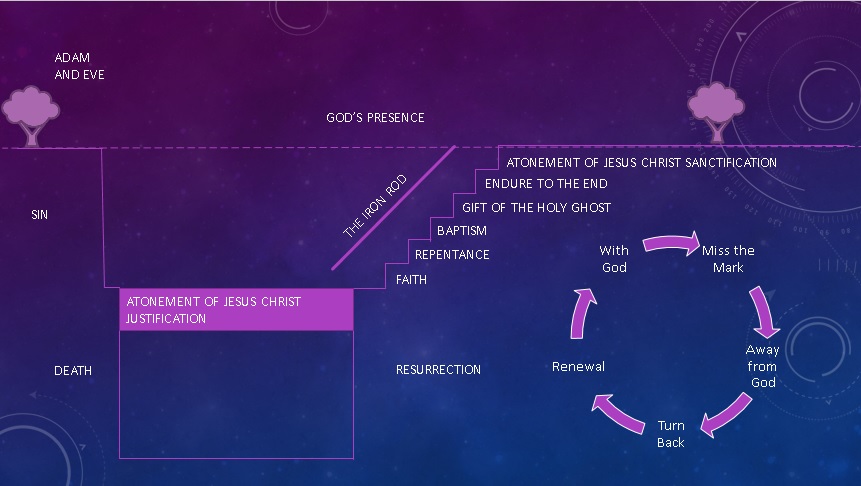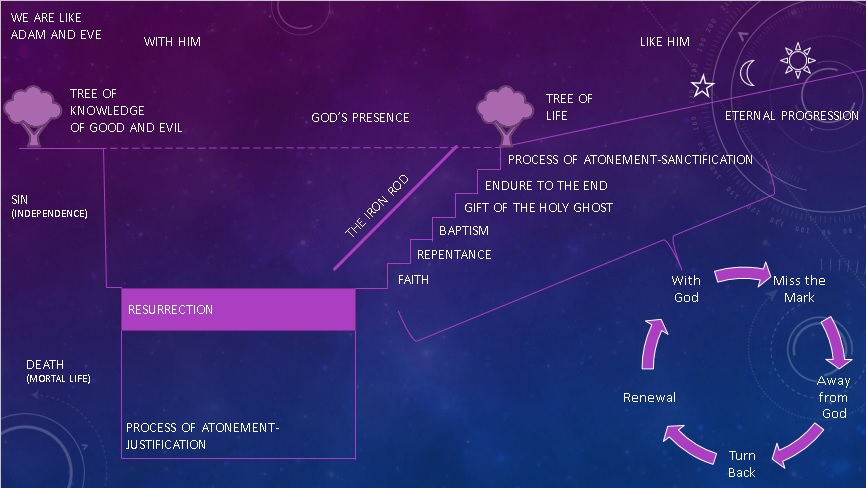The Supreme Court heard arguments yesterday on whether for-profit businesses have religious freedom. More specifically, whether two corporations run by Christian families could be exempt of the Affordable Care Act’s requirement that businesses that insure their employees provide free contraceptive to female workers. Importantly, religious groups already have the exemption, but what about businesses directed and influenced by their religiously minded bosses or shareholders? Should they be forced to run their businesses in ways that go against their religious values?
The two companies are Hobby Lobby, and Conestoga Wood Specialties (ran by a family of Mennonite Christians). The family that runs Hobby Lobby opposes the obligation to give their female employees any contraceptives that prematurely end a possible life, such as the morning after pill. The family that runs Conestoga oppose any medical procedures that prevent a possible life, and thus all contraceptives.
So who will win, the government or the businesses? Importantly, the Supreme Court doesn’t just weigh both sides equally and decides which deserves a win more. The Court relies on longstanding judicial procedure to determine outcomes. Most know that in criminal cases, an accused can only be convicted if the are guilty beyond a reasonable doubt. In civil cases generally, the the plaintiff wins if they have a preponderance of the evidence on their side; that is, there’s better reason to believe they should win than reason for them to lose. However, when a person sues the federal government claiming that the government has infringed upon his or her rights, the Court goes through a more complicated procedure.
Leading up to the 1930s, the Supreme Court regularly struck down laws that regulated how business owners can run their businesses. These decisions allowed employers to set harmfully long work weeks with extremely low wages. In one case, the court passively allowed the continuation of child labor. In 1938, after the Court had struck down several New Deal laws, the court flipped. Decades of judicial activism ended. The new standard that developed out of 1938 was this: if the government wants to achieve a legitimate government interest–that is, seeks to protect public health, safety, welfare or morals/criminal laws–then its action/regulation need only be rationally related to achieving that goal. So if a business owner wants to set his employees’ 40 hour workweek wages below minimum wage claiming that the government law against that hurts his business (more specifically, claiming that the government infringes upon his rights of due process or just compensation), the government need only show that the hour/wage laws rationally protect the employees health or safety, which they can of course do. In other words, as long as Congress acts within its constitutional limitations, any law that protects the government objectives I mentioned above will get upheld. (more…)



